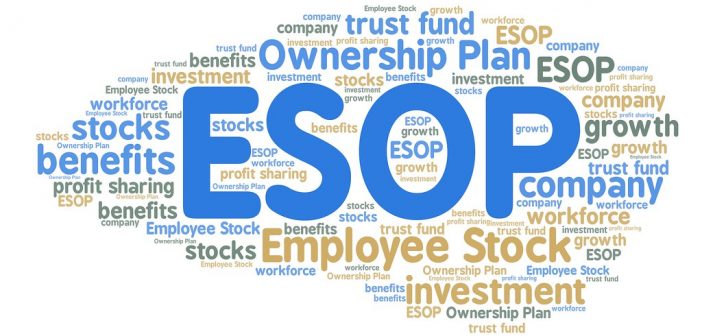In the dynamic landscape of India’s corporate world, Employee Stock Ownership Plans (ESOPs) have emerged as a powerful tool to attract, retain, and motivate top talent. Indian companies, particularly in the tech and startup ecosystems, have increasingly turned to ESOPs as a mechanism to align employee interests with company growth. Let’s take a closer look at five key Indian companies leading the charge in offering these stock-based incentives.
1. Paytm: Balancing Talent Retention and Financial Pressures
Paytm, the fintech unicorn, is one of the largest spenders on ESOPs in India. In FY24, it allocated ₹761 crore for ESOPs, even as its net loss stood at ₹650 crore. Paytm’s strategy focuses on retaining top executives by offering substantial stock options, particularly in the lead-up to its IPO. While this approach has helped retain key talent, it has drawn criticism due to the impact on profitability. As Paytm navigates towards financial stability, ESOPs continue to play a crucial role in maintaining employee morale and loyalty amidst market fluctuations. The company’s ability to balance these costs with investor expectations will shape its future trajectory.
2. Flipkart: Creating Wealth for Employees Through Buybacks
Flipkart, India’s e-commerce giant, is no stranger to leveraging ESOPs for employee wealth creation. In 2023, the company executed a ₹600 crore buyback program, allowing its employees to liquidate their stock options. This move not only rewarded long-term employees but also underscored the company’s commitment to sharing its success. The ESOP buyback has become a regular feature at Flipkart, allowing employees to reap the benefits of the company’s growth as it strengthens its foothold in the Indian e-commerce market. Flipkart’s ESOPs are structured to vest over several years, creating long-term incentives for employees to stay invested in the company’s growth.
3. Zomato: A Strategic Tool in the IPO Race
Zomato, another major player in the Indian tech space, has utilized ESOPs to drive talent retention, especially in its pre-IPO phase. In FY24, the company reduced its ESOP expenses to ₹508 crore, down from ₹880 crore the previous year, reflecting a shift in its compensation strategy. Zomato’s co-founder, Deepinder Goyal, was granted ₹143 crore worth of stock options in FY23, a move that signaled the company’s reliance on ESOPs to attract and retain top leadership. As Zomato continues its journey toward profitability, stock options remain a critical part of its strategy to ensure that employees are aligned with the company’s long-term goals.
4. Razorpay: Leading the Charge with Annual Buybacks
Razorpay, one of India’s leading fintech startups, is making waves with its consistent ESOP buyback programs. The company conducts buybacks at least once a year, ensuring employees can convert their stock options into liquid assets. Razorpay’s approach to ESOPs goes beyond merely offering stock options—it actively creates opportunities for employees to benefit from the company’s success. This policy has helped Razorpay attract and retain top talent in a competitive market while fostering a strong sense of ownership among its employees.
5. Swiggy: A Growing Appetite for Employee Ownership
Swiggy, the online food delivery platform, has embraced ESOPs as a way to reward employees and build loyalty within its workforce. The company has been expanding its ESOP pool, offering stock options to a broader segment of employees as it seeks to build long-term loyalty. Swiggy’s ESOP program is designed to vest over several years, aligning employees’ interests with the company’s long-term growth plans. By offering stock options, Swiggy not only incentivizes its workforce but also positions itself as an employer of choice in the fiercely competitive tech sector.
The Growing Role of ESOPs in India’s Corporate Landscape
Employee Stock Ownership Plans are no longer just a perk for top executives—they have become an integral part of employee compensation in India’s fast-growing tech and startup ecosystems. Companies like Paytm, Flipkart, Zomato, Razorpay, and Swiggy are setting the standard for how ESOPs can be used as a tool for both employee retention and wealth creation. As Indian companies continue to scale, ESOPs are likely to play an even more significant role in shaping the future of work and corporate growth in the country.





